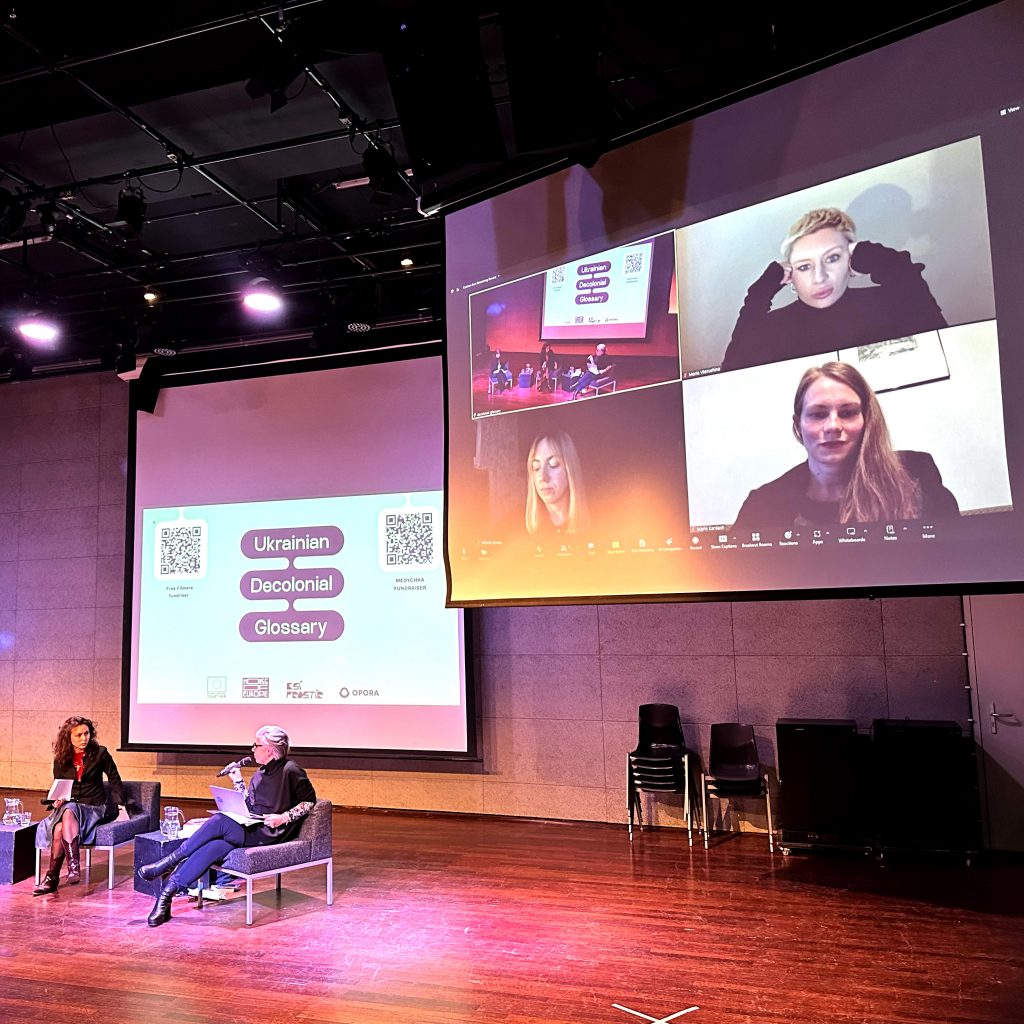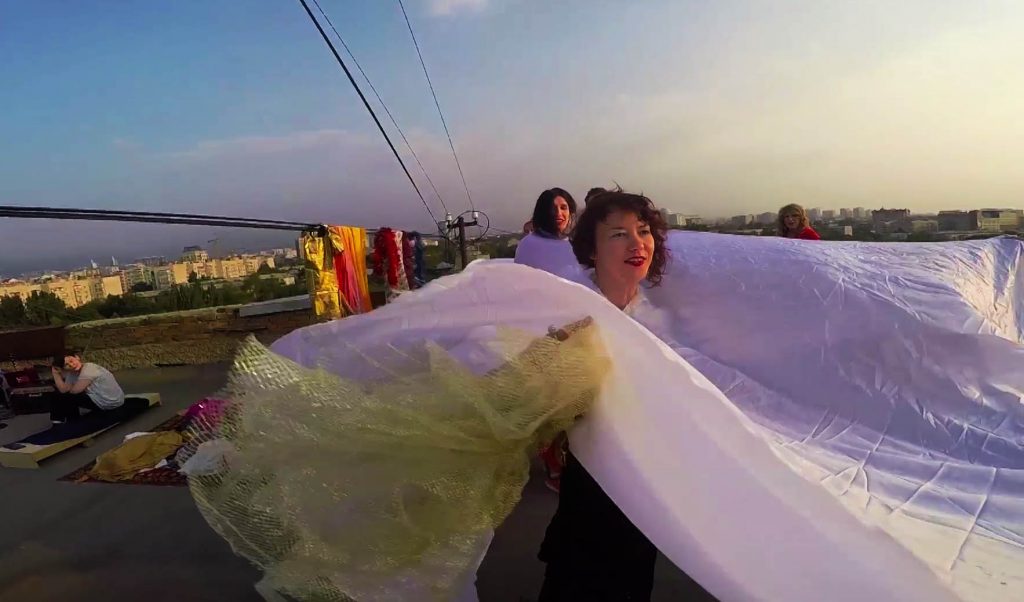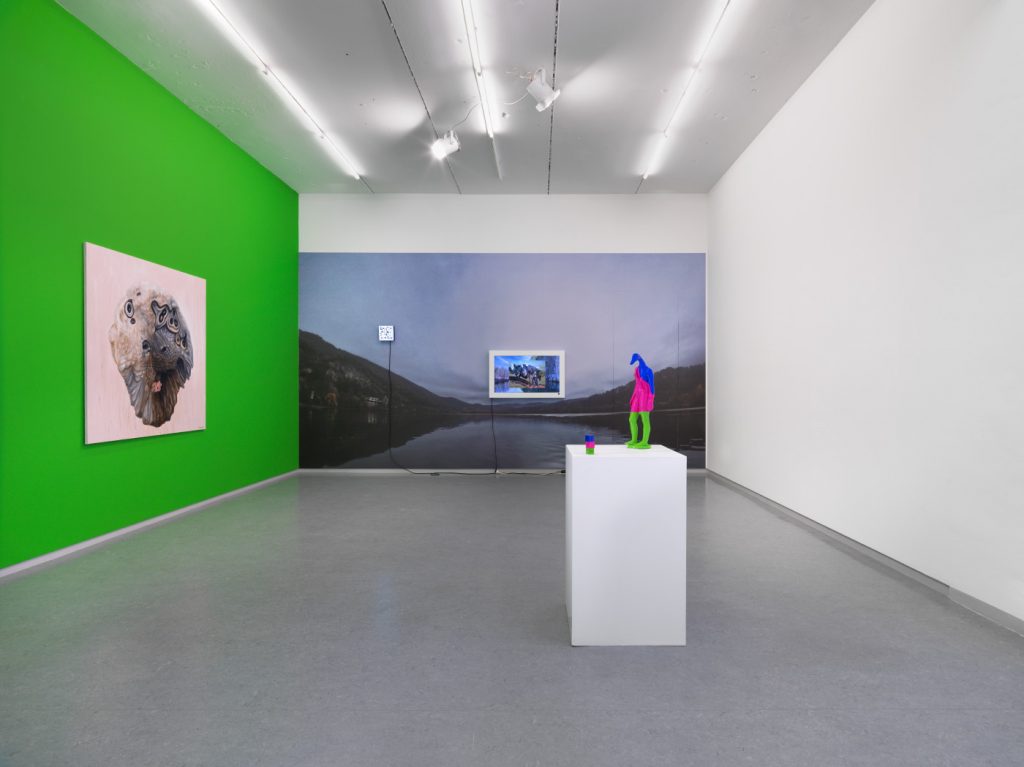-

The Need for Creating a Glossary
Yulia Ellyas and Anastasiia Omelianiuk from the Ukrainian Decolonial Glossary in conversation with Sandra Teitge - The Ukrainian Decolonial Glossary is a compilation of concepts from de- and post-colonial theories, featuring examples specific to the Ukrainian context. The first edition of this glossary will ///
-

KRЁLEX ZENTRE DOES NOT EXIST!: Two parallel monologues between Krëlex zentre and Ulrike Gerhardt
Krёlex zentre is a paranormal institution (parastitution) first made appearance in 2012 between Almaty and Bishkek. A nomadic art project in the genre of fake institutions, it builds on cultural traditions of inter-mixed earthly diasporas, their inclusive aesthetics and queer cosmo-politics. Working under the ///
-

Hybrid Beings: Interview with Albena Baeva
Albena Baeva works at the intersection of art, technology and social science. In her interactive installations for urban spaces and galleries she uses machine learning and artificial intelligence, physical computing, creative coding and DIY practices.
-

Dealing with Difficult Pasts: Interview with Margaret Tali
Margaret Tali is a researcher, writer, editor and curator. Originally from Estonia, she is now living between Tallinn and Rotterdam. Her is related to contemporary and modern art, memory and trauma, practices of curating and narrating cultural difference.